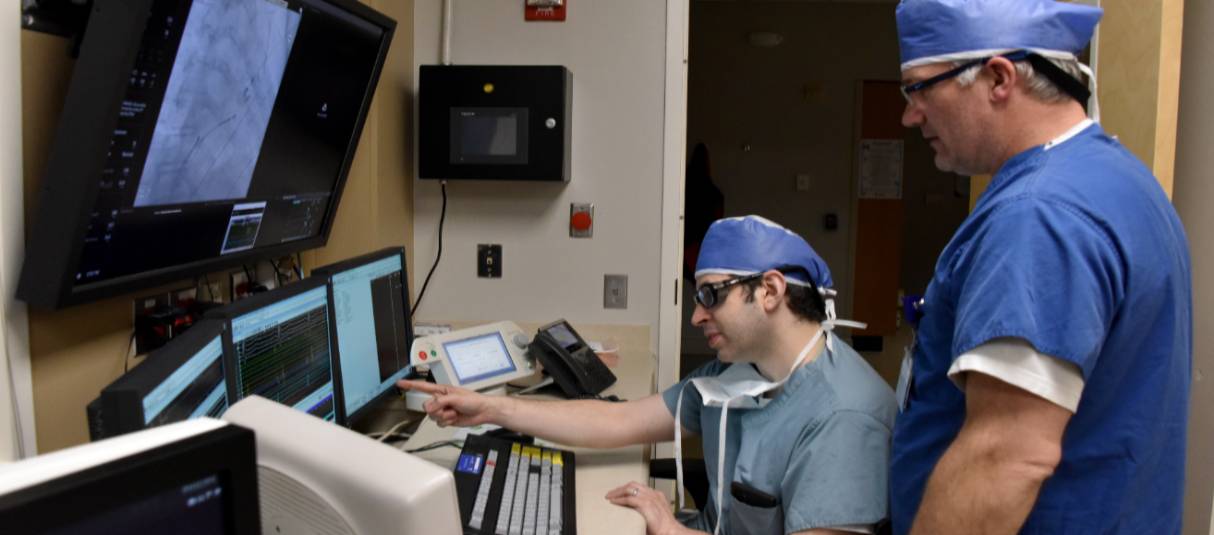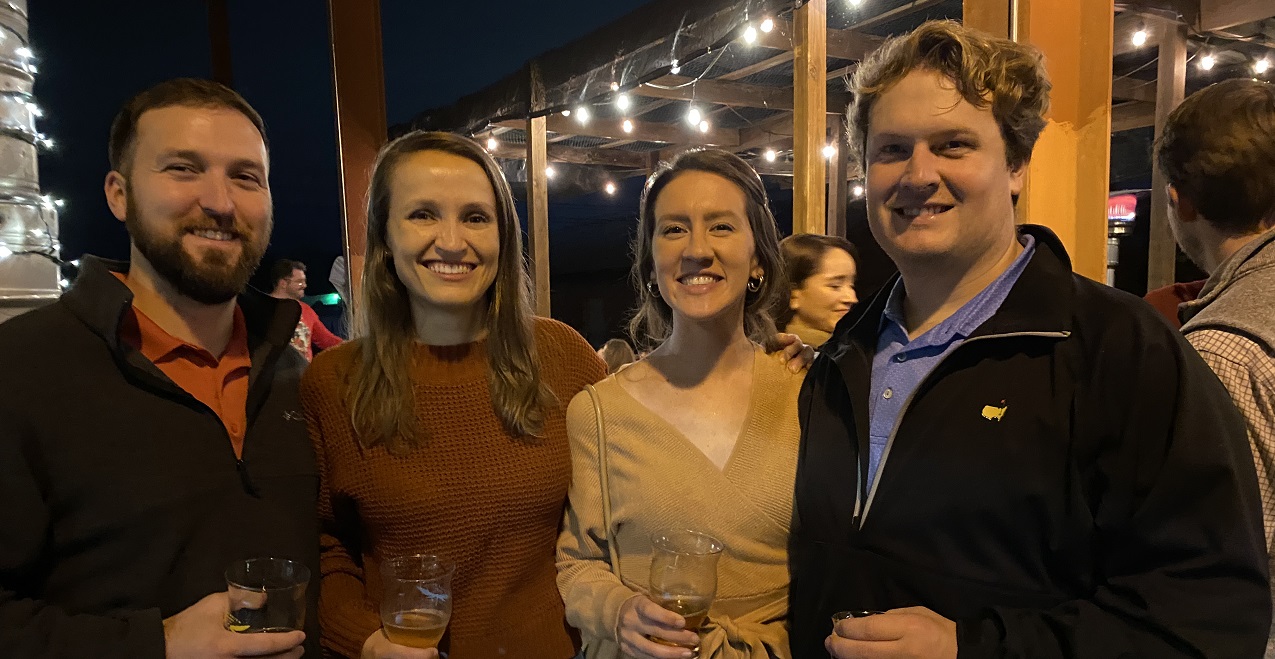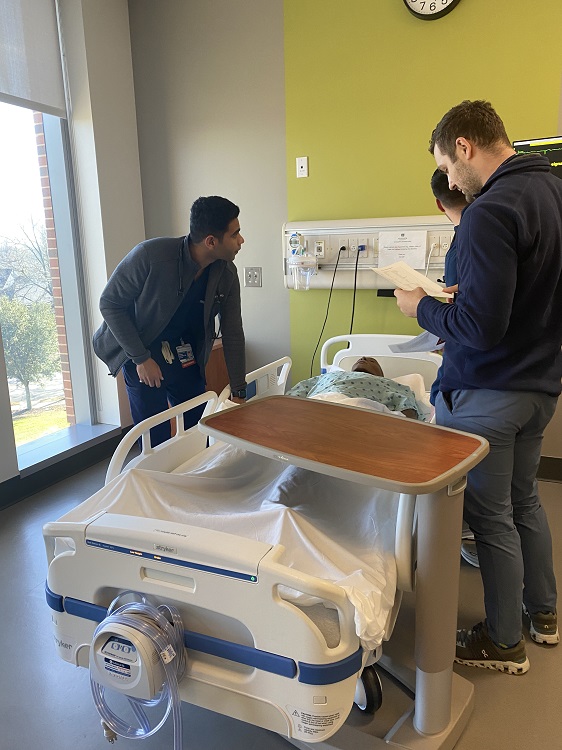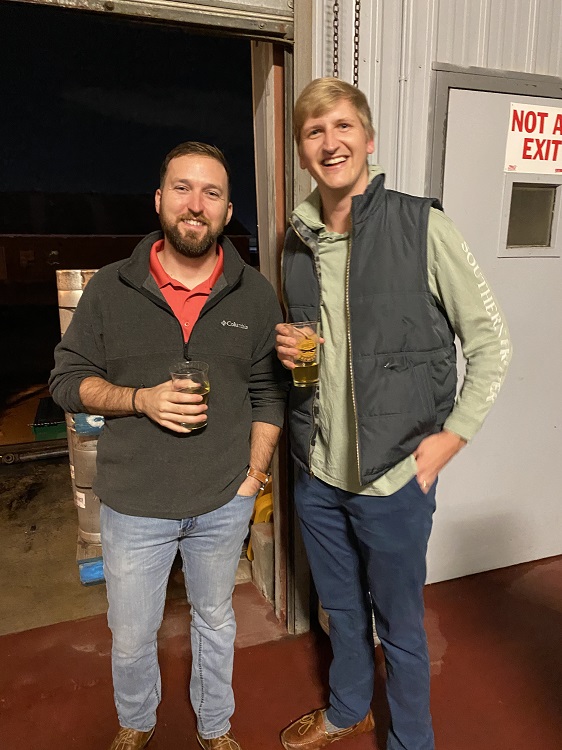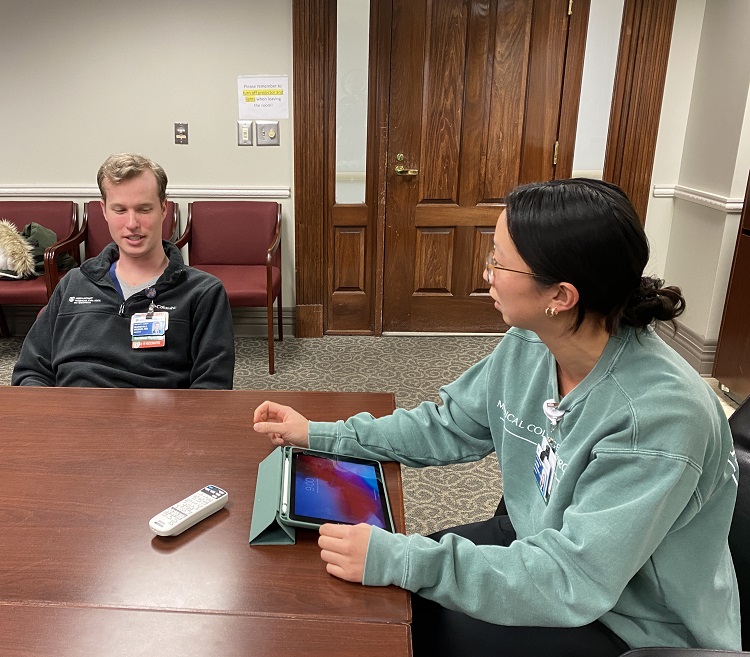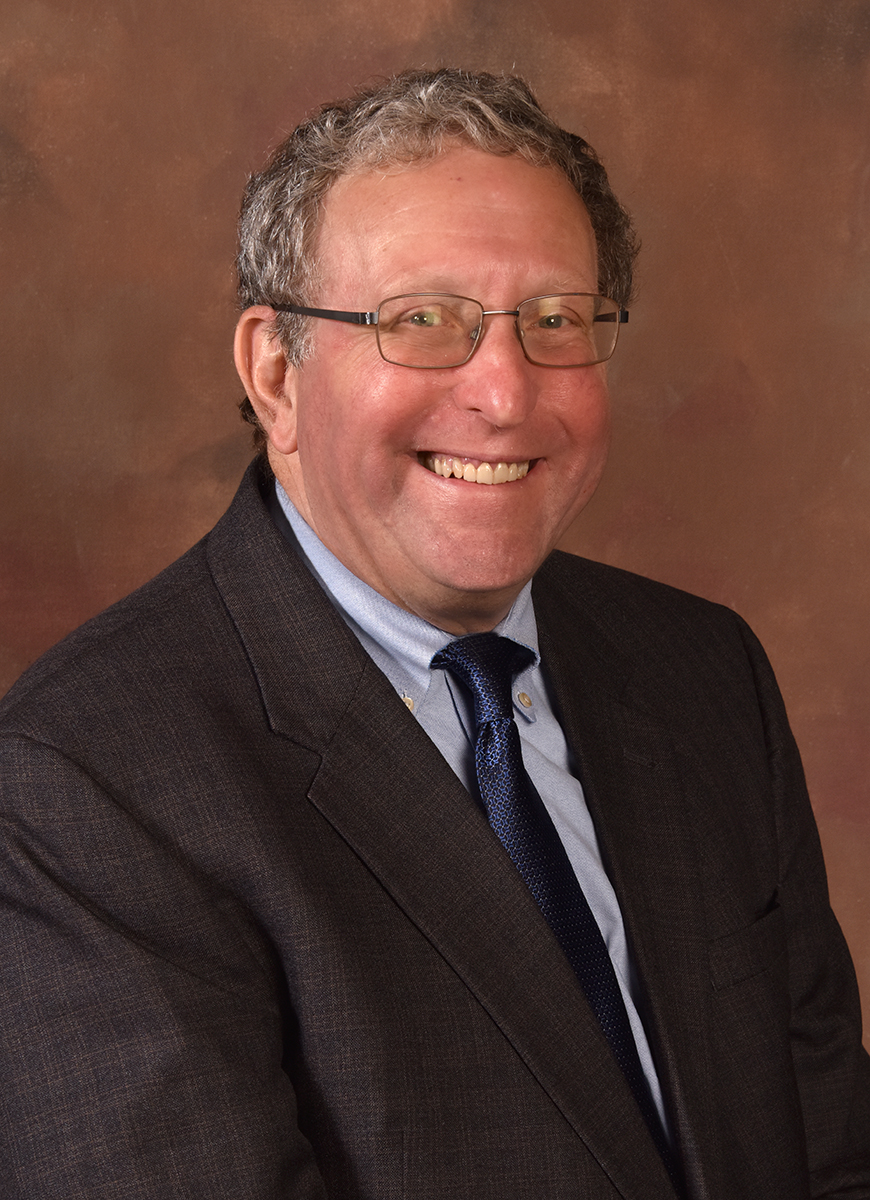
Brian H. Annex, M.D., FACC, FAHA
Department Chair, Medicine
Please explore this site to look at the activities across our missions to: provide the very best and safest patient care, educate the next generation of health care professionals, and advance knowledge in medicine through basic, clinical, and translational research. In a year like no other, the DOM continued to add to its rich history of excellence in education of students, residents, and general and subspecialty fellows.
The Medical College of Georgia is the 13th oldest medical school in the US and the DOM even when facing the changes of this last has its eyes focused firmly on the future. See the activity within the 11 major divisions. See the many new hires (myself included having been here for just over one year) and programs. Contact us directly. We look forward to hearing from you.
Jump to: DivisionsEducation, Training & Research SectionsMedicine News
Department of Medicine
Health Sciences Campus
706-721-2941
706-721-9405
BI-5076
